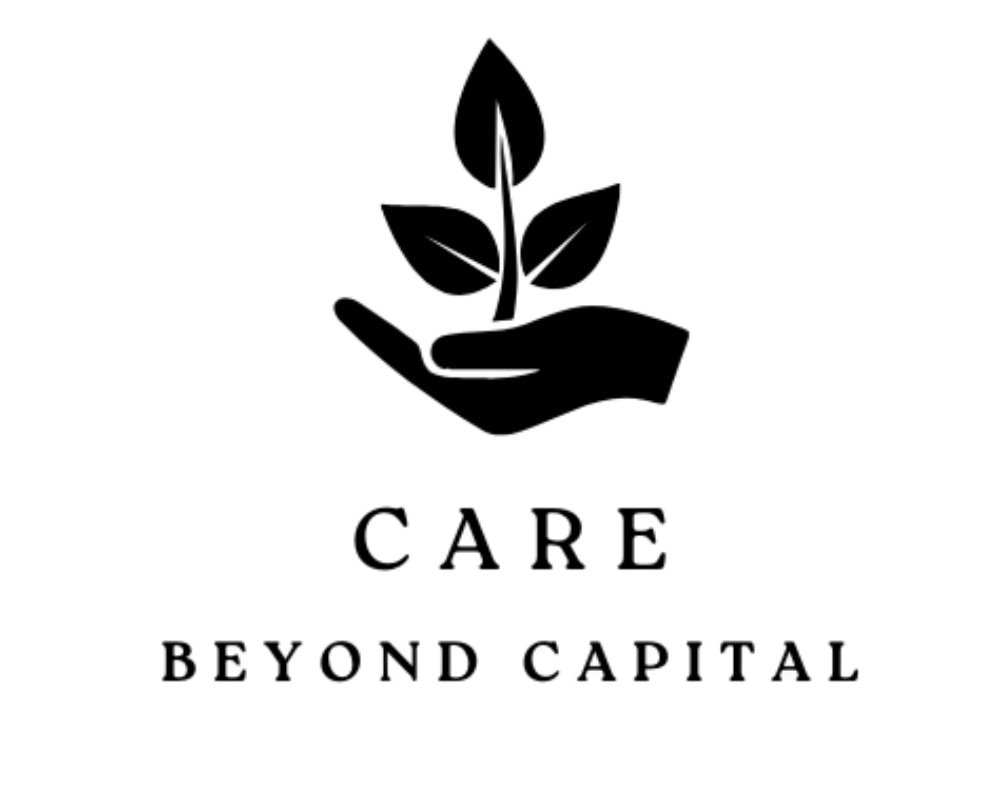Gender Roles, Burnout & Capitalism
Right now, we’re witnessing a moment of cultural whiplash. There is a rise in hyper-feminine influencer aesthetics, such as the “tradwife”.
The "tradwife" promotes an idealized version of womanhood rooted in submission, domesticity, and appearance-based value, often romanticizing 1950s gender roles. These trends are increasingly popular on social media, where femininity is stylized as both a personal brand and a moral good. While framed as empowering choice, they often reinforce patriarchal norms and exclude women who can’t or don’t want to conform - especially queer, trans, working-class, or racialized women.
Meanwhile, there’s also an explosion of online masculinity influencers.
Many men are turning to the manosphere - a toxic online ecosystem blaming feminism for their struggles. This contributes to rising misogyny and violence, both online and offline. Tech is a largely unregulated industry, making corporations billions of dollars in profit each year and earning their CEO’s invites to presidential inaugurations.
At the same time, we’re seeing rising burnout, increasing suicide rates for men, a rollback of reproductive rights, and the erasure of trans and Two-Spirit people’s existence in policy and language.
What ties all of this together? Capitalism.
Capitalism, Gender Roles, and Control
Capitalism isn’t gender-neutral. It relies on the division of labour by gender - a system enforced through patriarchy.
Historically, men’s labour was assigned value in the public economy - work, wages, politics - while women were confined to private, unpaid labour: caregiving, childbearing, and emotional support. Globally, women do over ¾ unpaid work, in some places 10x more hours of unpaid care than men. Under this model, women were reproductive resources, essential for sustaining a future workforce.
The nuclear family became capitalism’s favoured structure: predictable, productive, and gendered. Corporations are absolved of supporting people outside of the workplace, because women pick up that unpaid labour and absorb the cost. Those who didn’t fit - including queer people, trans folks, unmarried women - were punished or erased through violence, criminalization, or social exclusion.
And while we’ve seen resistance and progress, capitalism adapts. Today, we’re watching a return to gender conservatism sold as empowerment. These identities are not just aesthetic: they’re monetized. They sell products, attract ad dollars, and uphold a system where people are sorted into roles for maximum productivity.
Capitalism doesn't only burn people out - it makes them feel personally responsible for it.
Who Gets Left Out - and Why
Trans, non-binary, and Two-Spirit people threaten the binary gender model that capitalism and patriarchy depend on. That makes them dangerous to the system.
In the U.S., we’re seeing legal attempts to erase trans existence - banning gender-affirming care, outlawing pronouns in schools. Canada is different, but not immune. Trans people here still face double the unemployment rate of the general population, and higher rates of violence and homelessness.
For Two-Spirit people, colonization erased traditional Indigenous understandings of gender fluidity and multiplicity. Many Indigenous cultures recognized and respected diverse gender roles, but the imposition of Western capitalism and Christianity suppressed these identities.
Capitalism doesn’t just ignore these communities: it profits from their exclusion. The more precarious your position, the cheaper your labour, or the easier it is to dismiss you altogether.
LISTEN: Shon Faye’s Transgender Justice episode on Earwolf
LEARN: Egale’s Two-Spirit resource
Everyone’s Burning Out - But Not Equally
Women face constant unpaid labour: caregiving, emotional labour, looking “professional,” absorbing microaggressions. They burn out trying to do everything perfectly in systems not designed for them.
Trans people burn out simply trying to survive. Navigating legal barriers, finding safe housing or work, dealing with medical gatekeeping - all the while fighting for the validity of your existence to be recognized.
And men aren’t doing well either. Capitalism offers them power - but only on condition: be stoic, be strong, be useful. The result? Suicide is the second leading cause of death among men under 50 in Canada.
LEARN: Centre for Suicide Prevention: Men and Suicide Toolkit
What Can We Do?
For our clients, these identities can become cages.
We might hear:
“Why do I feel like I’m failing if I don’t want kids?”
“I’ve done everything right, and I’m still exhausted.”
“I hate my job, but I can’t stop - I don’t know who I’d be.”
That’s all pretty heavy, there are examples of hope and progress. Younger generations are increasingly rejecting binary norms. Trans and two-spirit communities are creating powerful mutual aid networks. More indigenous communities are reclaiming two-spirit teachings. Iceland and Spain all recently extended their statutory paternity leave policies, and UN research shows there is support for this in other areas too. We’re seeing a rise in inclusive therapy models like Feminist and Liberation Psychology.
As future counsellors, what do you think our role is? Are we expected to fix the system? Or do we just create spaces for our clients to help them live within or resist these systems of oppression?
Reflection questions:
What can we do to help our clients who feel like they are the problem, not the system?
What kinds of clinical questions could we ask to uncover these hidden pressures in the room?
What would resistance look like in a therapeutic setting?
